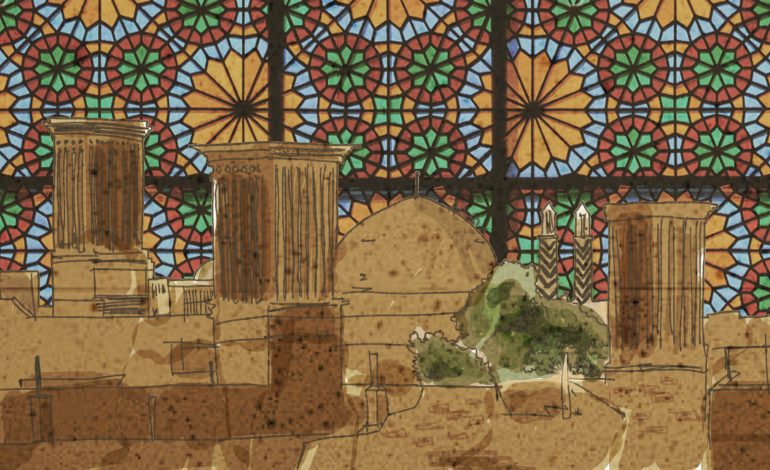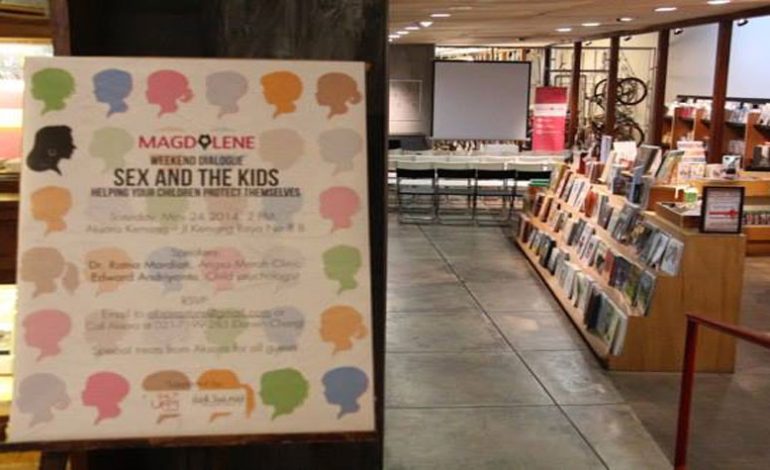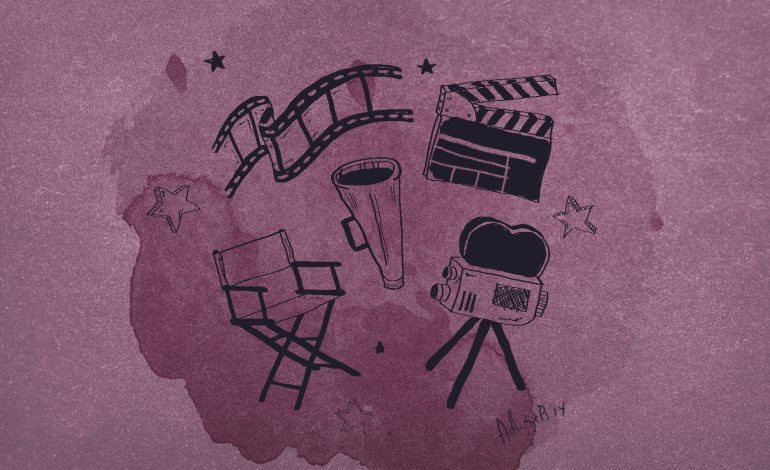The Persian Paradox: A Photojournalist’s Journey to Iran

Childhood obsession has brought photojournalist Mohammad Safir Makki, 36, to Iran. Having previously worked with a couple of national media, and currently a photojournalist for the Jakarta Globe daily, Safir often travelled to many places, but it was Persia that he longed to see the most, thanks to pictures and media reports he saw when he was a little.
It turned out better than he had imagined, he said.
“In contrast to the barren and dry Middle Eastern desert, the country is lush green, full of trees. Everything is in order, and people are so nice,” he said.
Captivated by the country, earlier this year he published Juvenile Evolvere, a picture book that captures Iran’s paradox through stills of its youths.
“They adhere to strict Islamic rule, wearing clothes that cover their bodies and the women wearing chadur (black open cloak), but they also follow the latest fashion and pop culture,” Safir said.
“I saw another side of Persia in the spirit of the youngsters, their freedom of thinking and their nationalism. They chose to evolve in their own way,” he added.
Introducing the book, renowned photojournalist Oscar Motuloh from Antara Journalistic Photo Gallery said Safir succeeded in connecting the portrait of happy Parsi youths longing for their version of freedom, and confronts it with the existence of the revolution conservationists in the middle of changing generation.
“…we can see the silhouette of Iran’s future generation and confront it with the metaphor of the country’s history,” he wrote.
Magdalene spoke to Safir recently about the trip of his lifetime, and why, even as a photographer, it is important to not constantly take picture and be in the moment. Below is the excerpt of the interview.

Magdalene: Why did you choose to go to Iran?
Mohammad Safir Makki: First, I looked for a country without complicated visa application process. Second, I’d like to travel to less popular places, tourism wise. I’m fascinated with conflict areas. When I was a little, I remember reading about Iran and the Persian Gulf War in the 1980s. The way the Western media describe Iran as an isolated and closed country only raised my curiosity. So, there I was in Iran.
I went there with a guy friend in 2012. We traveled for two weeks to three cities: Tehran, Yazd and Isfahan. It was amazing. Iran is such a beautiful place. I’m especially awed by Yazd. It’s an old city built entirely out of mud brick. The architecture is just amazing and it has magnificent wind catchers and great underground areas.
You must have some preconceived notions about the country. What are some that had been proven wrong?
That it was not a safe place and that the people are not friendly. As it turned out, it’s very safe, for women as well. I met a number of solo female travelers there. And Iranians are just so friendly and helpful, protective even. If you asked for direction, they’d make sure you got to the right place, even as far as taking you there themselves. They also let foreigners go first in a queue. The police were proactive; they would ask if you need any help.
People would offer you food at the park, in the restaurant, even if they don’t speak any English. In Yazd, a man even treated us at a restaurant and let us use his car, which we declined. He said, it wasn’t scam or anything.
At some point, however, the friendliness got too much and overwhelming [laughs] because you’re not used to it. But I think it’s their culture. Religious service for them is not about ceremonial things but also about being good to others. At least that’s what I observed.
I was also surprised by how modern the country was. There were a lot of old buildings that were well preserved, but there were also subway trains. The buses are modern and in good condition and the long-distance trains have two levels.
The country is also very clean and in order. People really take pride of their Persian roots. They always emphasize that they are not Arabs.
The women are stunning! [laughs] I had to wear sunglasses so that they wouldn’t see me as a creepy Asian guy who stares at them.
I heard a lot of them get nose job? Iran is even called the nose job capital of the world.
Yes, not just women, but men too. They’re not too happy about their sizable nose. And they keep the bandage on the nose for a long time. I wondered at first if it was because it took a long time to recover from the surgery. Turned out, it’s a symbol of social status – only rich people can get plastic surgery.

What were the less surprising things about Iran?
The implementation of the sharia law. All women wear headscarf, even non-Muslims, and men can’t wear shorts in public.
There are no bars or nightclubs. People throw parties at their own houses. It’s completely isolated from the outside culture, except for foreign investment, with international brands like Coca Cola, Zara and Banana Republic being easily found.
But that was nearly two years ago. Maybe with the new, more moderate president, the country is more open now.
How different was the religious practice compared to Indonesians here, who mostly are from Sunni school of thought?
It’s fascinating. They don’t see the need to find a mosque or a praying room. When the call for prayers is heard, some people would stop what they were doing and performed prayers anywhere they see fit, even on the sidewalks. And that goes for men and women.
When I went to Yazd, the train stopped immediately. Turned out, it was because the train crew were performing prayers.
They don’t separate between women and men passengers, but I got scolded once when I tapped a woman’s shoulder to offer my seat to her. I forgot that it’s forbidden to touch the opposite sex.
Did they feel some sort of Muslim solidarity with Indonesians?
I guess so. There was a Shiite ceremony held outdoor to pay respect to an Imam. I immediately took pictures but was blocked as people formed human barricade. They asked me who I was and where I was from. When I told them I was Indonesian, they let me in and I got to see the ceremony up close.
While here, Shiite people are being condemned.
Yes, that’s very unfortunate.
So, what are your tips on taking pictures when traveling?
It depends on where you’re going and the weather. If you leave during the winter, you need extra camera battery because batteries easily wear out in cold weather. Bring extra memory cards or storage to transfer data if necessary.
Travel light. Unless you’re going on a safari to take wildlife pictures, I don’t think it’s necessary to bring long heavy lenses. Besides, big gadget or tools are provocative. These days, small pocket camera is sophisticated, so is smartphone. Many times it’s enough to use those.
I don’t bring tripod either when traveling on holiday. It’s just troublesome. Cameras are increasingly more advanced that taking pictures at night is getting easier even without tripod.
Make notes on the pictures, especially if you want to publish them, so that you won’t forget the details.
Bring candies, postcards or small items to give to people you photograph, especially in villages or remote areas. It’s a token of appreciation after we ‘exploit’ them. But don’t give money – we want to educate them as well.
Respect local customs. I was reprimanded several times for taking pictures of women in Iran.
Last but not least, you don’t need to take pictures of every thing you see. Indulge in and absorb the moment. You’ll find why traveling is so important and why it’s so addictive. It makes you find your own true identity, your capacity to survive in the foreign land. A journey nourishes the universal value of humanity in life.
Follow @heradiani on Twitter

![]()






















